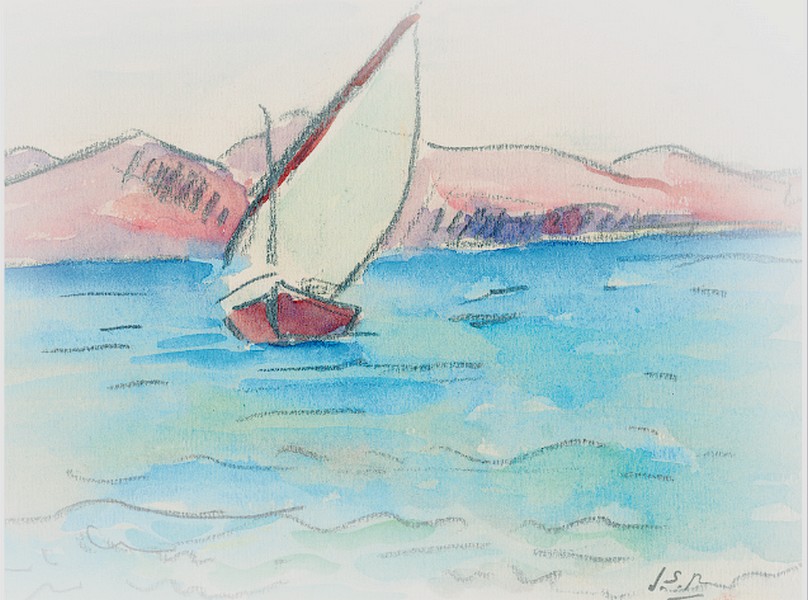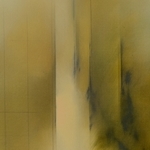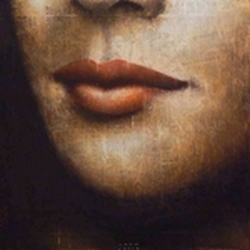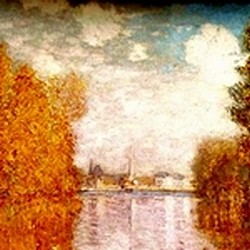
Perhaps one day the European Union will decide to do away with the time change. And what's more, they might decide to permanently set the winter-time, which is the most suitable to our biology, even if our social behaviour loves summer-time. To be honest, by that stage I'd be happy if clocks would keep still. No matter at which time. But still. Please. Meanwhile, and according to this lovely tradition, we come abruptly in the darkest weeks of the year the last Sunday in October, and people who began to complain about Autumn and its short evenings in September go definitely depressed; for them, November is the saddest month of the year.
Those of us who like autumn (and chestnuts, pomegranates and mushrooms), and don't mind if night falls so early (although we also celebrate evenings growing longer in January), love November. The colour burst from October has already passed its peak, and the last ochre and gold will fade, while leaves carpet the ground and branches unveil their architecture, hidden for the rest of the year. That's not a sight we can enjoy in Barcelona, where the season isn't generous with colours; changes in the leaves depend on light but also on temperature, and being at the beach in swimwear in November isn't compatible with autumn colours. Besides, there is a new lock-down, so we're missing the sight this year. Lucky you if you live in a place where you can enjoy the autumn colours!
At least, poetry and music always help. Josep Sebastià Pons reflects in his poem Color de novembre ("Colour of november") the Mediterranean autumn and its particular, beautiful light. The work of this poet, born in Ille-sur-Têt, Roussillon (that's to say, Northern Catalonia), is characterized by love of the land from his very first collection, Roses i xiprers (Roses and cypresses, 1911) and we find everywhere his sensitivity to the rural world and simple things; This sensitivity is also present in his watercolours, one of which illustrates this article. Color de novembre belongs to Cantilena, published in 1937; this collection, an elegy dedicated to his wife Helena, who died four years earlier, is considered his most important work; at the time of its publication, Carles Riba, a prominent writer and scholar, said that it was "among what is purest in the modern Catalan lyric".
In 1980, Jordi Sabatés set seven poems from the collection to a cycle also called Cantilena; among them, Color de novembre, the second song and the one we're listening this week. Sabatés is well known as jazz musician, for his collaborations with Catalan musicians as Pau Riba, Maria del Mar Bonet or Ovidi Montllor or for his film music, but in this opportunity he's as a classical composer and pianist, he accompanies soprano Carme Bustamante in a song full of lyricism. Close your eyes and enjoy the colours of November!
Quan l'aire afluixa els pins i fa girar
el bàlsam de la branca tenebrosa,
novembre, a la finestra pots mirar!
El cel és com un vidre rosa.
Teulats molls de claror, color de vi.
S'allisa una fumera esperitada.
La mar a vespre deu tenir
una profunda pau morada.
When the air loosens the pine trees and gyrates
the balsam of the gloomy branch,
November, through the window you can look!
The sky is like a pink glass.
Rooftops wet with light, wine color.
An unsteady smoke is smoothed down.
The sea at evening might have
A deep purple peace.


 Accor...
Accor...











